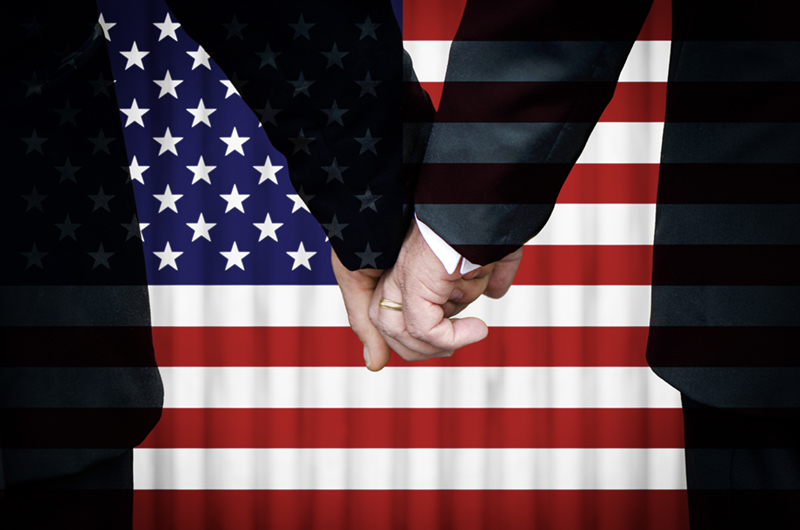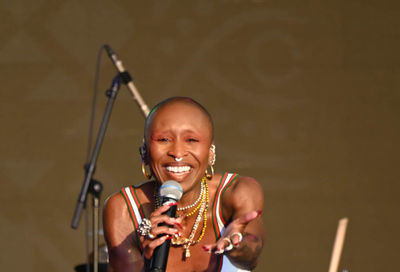Vatican: Gays and gay supporters may not become priests
Papal document says "negative consequences" can result from allowing gay men to become priests

Just in case there was any question of whether or not the Catholic Church might be softening its stance on homosexuality, a new document released by the Vatican confirms that the answer is a resounding “no.”
According to the document, “The Gift of the Priestly Vocation,” which was officially published on Thursday, the church’s policy continues to be that gay men or those who are supportive of LGBT rights, particularly on marriage and family issues, cannot become priests in the Roman Catholic Church. According to the document, bishops and clergy who oversee seminaries are called upon to judge candidates’ sexuality and ban those they believe have “deep-seated homosexual tendencies” from the vocation.
The church’s stance remains unchanged from 2005, when the Vatican last issued guidance on the topic of gay priests. Quoting from that 2005 guidance, this year’s document says: “The Church, while profoundly respecting the persons in question, cannot admit to the seminary or to holy orders those who practice homosexuality, present deep-seated homosexual tendencies or support the so-called ‘gay culture.’ Such persons, in fact, find themselves in a situation that gravely hinders them from relating correctly to men and women. One must in no way overlook the negative consequences that can derive from the ordination of persons with deep-seated homosexual tendencies.”
Yet according to experts interviewed for a recent article in The Washington Post, while the language seems to be harshly anti-gay, the document leaves some “wiggle room” for those who are gay. It all comes down to how individual bishops define “deep-seated” tendencies. For instance, some say, a man who is gay but commits to a life of celibacy and upholds the sexual mores of Church teaching might be considered eligible for the priesthood.
Monsignor Stephen Rossetti, a professor at Catholic University of America who has written books on psychological care for priests, tells the Post how rectors should go about determining whether homosexuality is “deep-seated” in a would-be priest. According to Rosetti, superiors should look at not only whether the man has been involved in a sexual relationship, but if his sexuality is central to his identity or not. Using the example of a gay man who marches in a gay pride parade, Rosetti says such a candidate would not be a good choice.
Marianne Duddy-Burke, the executive director of gay Catholic group Dignity USA, wrote in an op-ed for The Advocate that the pope’s endorsement of the document is likely to leave LGBT Catholics who had hoped for small changes during Francis’ papacy disappointed.
“Despite the pope’s tendency to say reasonable things about us in unscripted moments, when he is acting for the institution of the church, he shows no willingness to disrupt the status quo,” she writes. “The fact that church leaders cannot accept the wide variety of human expression and relationships has far-reaching implications. … Their willful ignorance about healthy sexuality and gender puts countless people at risk of violence, imprisonment, mental and physical health problems, social isolation, and increased poverty.
“It is also a perversion of the core of the Catholic faith, which teaches inclusion, equality, compassion, and love,” Duddy-Burke continues. “Fortunately, solid majorities, at least of Western Catholics, reject church teaching on homosexuality and gender identity. They realize that LGBTQI people should be accepted in the church and in society for who we are, and many are actively resisting harmful teachings and practices. Some do this by withdrawing support from or even leaving the Catholic Church, and others strive to work from within, leading by example and resisting practices with which they disagree.”
Support Metro Weekly’s Journalism
These are challenging times for news organizations. And yet it’s crucial we stay active and provide vital resources and information to both our local readers and the world. So won’t you please take a moment and consider supporting Metro Weekly with a membership? For as little as $5 a month, you can help ensure Metro Weekly magazine and MetroWeekly.com remain free, viable resources as we provide the best, most diverse, culturally-resonant LGBTQ coverage in both the D.C. region and around the world. Memberships come with exclusive perks and discounts, your own personal digital delivery of each week’s magazine (and an archive), access to our Member's Lounge when it launches this fall, and exclusive members-only items like Metro Weekly Membership Mugs and Tote Bags! Check out all our membership levels here and please join us today!

























You must be logged in to post a comment.